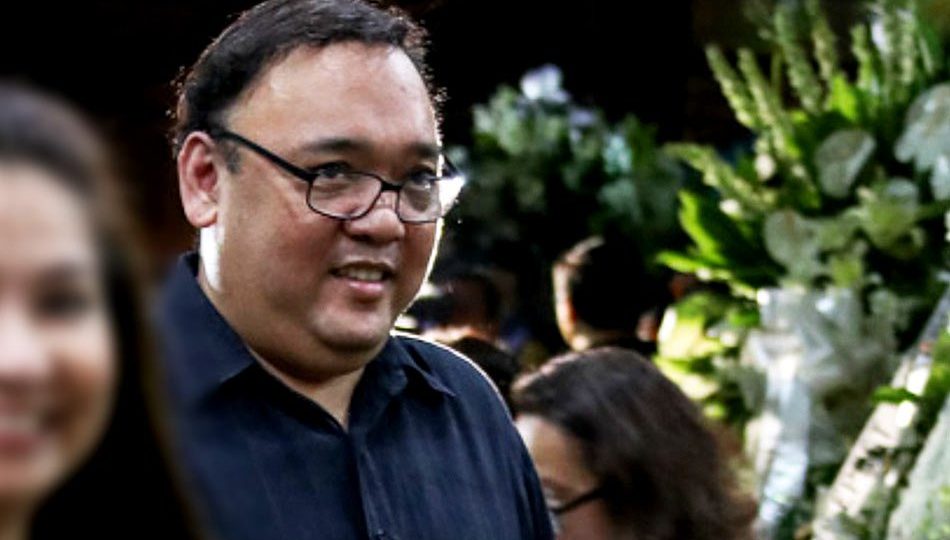Philippine President Rodrigo Duterte and his administration have been all out in criticizing the United Nations Human Rights Council’s (UNHRC) decision to investigate the country’s bloody drug war but former presidential spokesman Harry Roque does not seem all that bothered. And he wants people to know it. In it a lengthy Facebook post on the issue that he published today, Roque called the international body a “toothless tiger” and belittled its influence.
“At most, it (UNHRC) amounts to a sort of shaming machinery intended to prod UN member countries into complying with their treaty obligations to protect and promote human rights,” Roque said.
He was responding to people who saw the UNHRC’s approval of a resolution that calls for a report on the drug war as a success for Duterte critics. Agnes Callamard, the UN special rapporteur on extrajudicial executions, called it a “victory for all those who have been reporting for the last three years on the deteriorating situation in the country.”
Roque rained on their parade and tried to downplay the development by saying that the UNHRC cannot actually pass sentence or impose sanctions on anyone.
READ: UN human rights council orders report on Duterte drug war; PH gov’t calls it a ‘travesty’
He also called the council out and said they don’t have the moral authority to shame the Philippines while human rights violations like beheadings, amputations, and discrimination against members of the LGBT community continue in some UNHRC member states.
The resolution submitted by Iceland calls for an investigation into the drug war to prevent more extrajudicial killings and orders UNHRC High Commissioner for Human Rights Michelle Bachelet to prepare a comprehensive written report on the human rights situation in the Philippines within a year.
It was backed by 18 out of 47 of the council’s member states on Thursday, including Argentina, Austria, Australia, Bahamas, Bulgaria, Croatia, Czech Republic, Denmark, Fiji, Iceland, Italy, Peru, Mexico, Slovakia, Spain, Ukraine, and the United Kingdom (with Northern Ireland), and Uruguay. Fourteen voted against the resolution while 15 abstained.
Iceland’s submission of the resolution marked the first time the UNHRC was asked to address human rights violations in Duterte’s anti-narcotics crackdown, which is why many saw its approval as a positive development.
The Philippine National Police (PNP) reported that 6,600 drug suspects have been killed in anti-drug operations from July 1, 2016, to May 31, 2019. However, some say that the deaths are underreported, with the Philippines’ Commission on Human Rights saying in December that the number could be as high as 27,000.
In his Facebook post, Roque described the UNHRC’s periodic reviews, wherein they check whether member states follow their treaties, as “largely ineffective.” He also pointed out that UN rapporteurs in charge of these reviews can only investigate if they are invited by the country into their jurisdiction.
Duterte has been critical of the UN for years. In March last year, he told the police to ignore rapporteurs investigating human rights abuses. He also threatened to slap Callamard in November 2017 if she investigates him.
The Philippine government is against the UNHRC’s decision to investigate the drug war and believes it is an encroachment on the country’s sovereignty. However, Duterte has not announced yet whether or not he would allow the UN to come to the Philippines, and said he would first “review” their purpose for going to the country, ABS-CBN News reported.
Roque also downplayed the resolution, pointing out that it was not supported by a majority of the UNHCR’s member states. He alleged that those who voted for it are just Duterte critics.
“Look at the list of the 18 states and you will see that they are mostly countries that have always been critical of the Duterte administration,” he said.
“All [the report] calls for is a complete report on the killings. It has not found our country guilty of breaching any of its treaty obligations or assigning blame,” Roque said.




